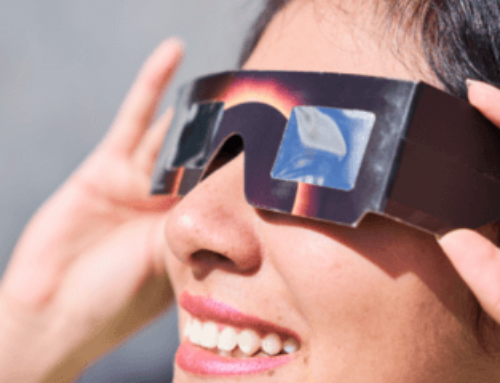DARIEN, IL – The American Sleep Medicine Foundation (ASMF) has selected three recipients who will receive a Strategic Research Award to evaluate how telemedicine can play a role in the delivery of cognitive behavioral therapy for insomnia (CBT-I).
“There is great potential for telemedicine to improve access to high quality care for patients with insomnia and other sleep disorders,” said ASMF President Jennifer L. Martin, PhD. “I congratulate the recipients of the American Sleep Medicine Foundation’s Strategic Research Award, and I am confident that their research will give us a better understanding of how telemedicine can be used to improve the delivery of care for patients with sleep disorders.”
The goals of the Strategic Research Award program are to foster health services research and patient-oriented research in sleep medicine, improve outcomes for patients with sleep disorders, and demonstrate the value of diagnosing and treating sleep disorders. This round of awards involved a focused request for applications to study the role of telemedicine in the evaluation and management of patients with sleep disorders using the AASM SleepTM system.
Projects selected for funding will receive up to $250,000 over two years. The principal investigators for the projects to be funded are:
J. Todd Arnedt, PhD
University of Michigan
CBT for Insomnia Delivered via AASM SleepTM or Face-to-face: A Non-Inferiority Trial
Dr. Arnedt’s project will directly compare the benefits and costs of CBT-I delivered via the AASM SleepTM platform with gold-standard, face-to-face CBT-I therapy sessions. Data will be gathered comparing patient credibility and satisfaction across the two modalities. Findings from this study have the potential to directly impact future insomnia treatment delivery and improve access to CBT-I for the multitude of insomnia patients who currently remain untreated.
Philip Gehrman, PhD
University of Pennsylvania
Telemedicine vs. In-Person Delivery of CBT of Insomnia: A Mixed Methods Analysis
Dr. Gehrman’s project will compare the efficacy of individual CBT-I delivered in-person to delivery via telemedicine for patients with chronic insomnia. In addition to traditional patient-reported outcomes for clinical efficacy, qualitative interviews will be conducted to obtain feedback from patients on their preferences and satisfaction with care. Using a mixed methods approach, this project seeks to demonstrate how process outcomes in patients using telemedicine are similar to those of patients receiving in-person care.
Sairam Parthasarathy, MD
University of Arizona
Non-Inferiority Study of Telemedicine vs. Conventional CBT-I in Recently Hospitalized Patients with Insomnia
Dr. Parthasarathy’s project involves a comparative effectiveness study addressing insomnia in recently hospitalized patients. They will compare CBT-I administered by telemedicine versus conventional office-based CBT-I on insomnia severity. They also will measure patient satisfaction. This project aims to evaluate whether insomnia represents a modifiable risk factor for re-hospitalization in patients who are recently discharged, using telemedicine as a way to improve access to care for this vulnerable population.
More information about the ASMF award programs is available at www.discoversleep.org.
For more information, or to request an interview with Dr. Martin or an award recipient, please contact Communications Coordinator Corinne Lederhouse at 630-737-9700, ext. 9366, or clederhouse@aasm.org.
About the American Sleep Medicine Foundation
The American Sleep Medicine Foundation (ASMF) is a not-for-profit 501(c)(3) charitable and scientific organization that was established in 1998 by the American Academy of Sleep Medicine (AASM). As the leader in supporting sleep research and education, the ASMF has invested in the future of sleep medicine by distributing more than $9 million in awards to support important projects to promote sleep health. To contribute to the ASMF, you can make an online donation at www.discoversleep.org.








